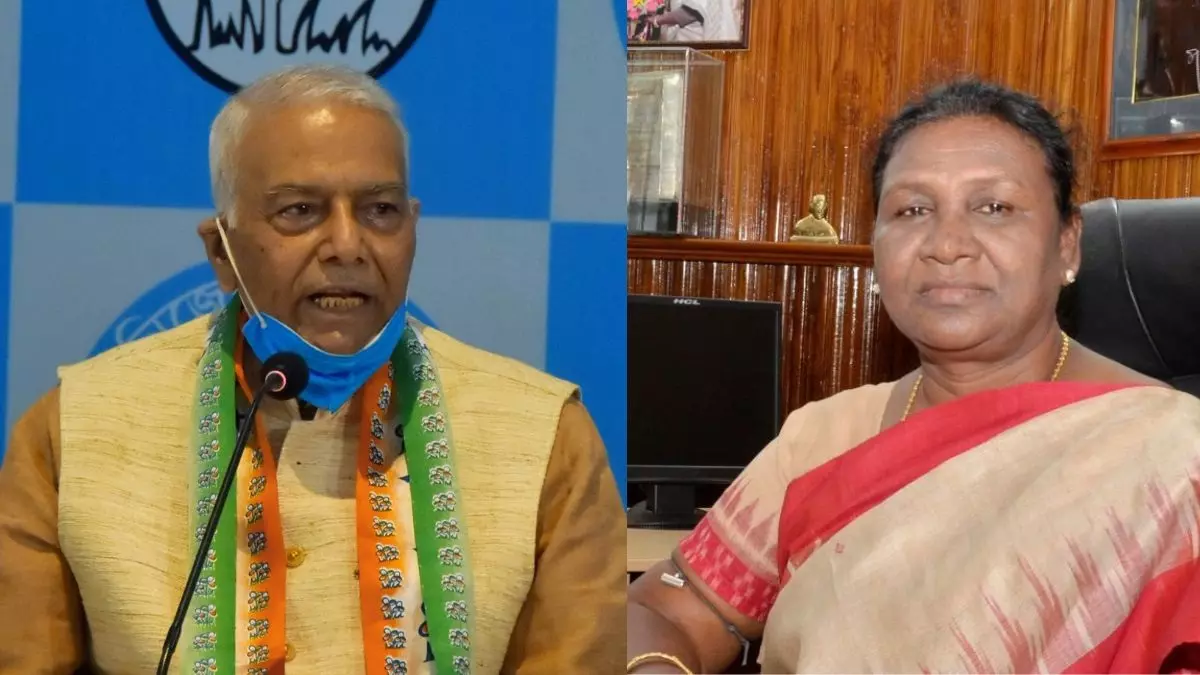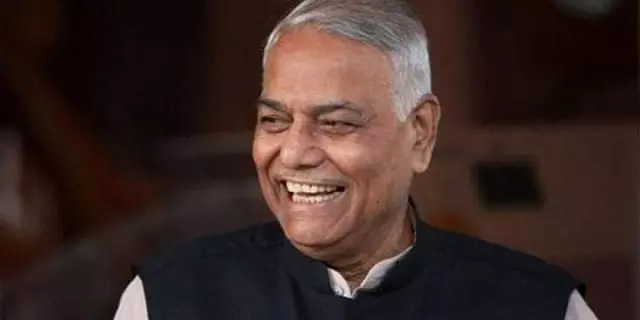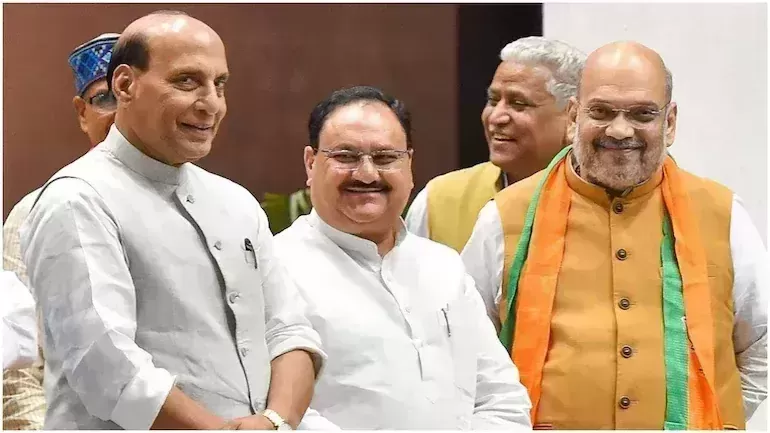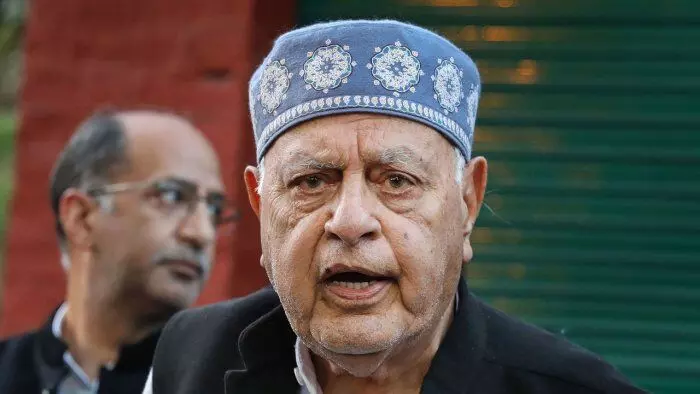
Presidential election and the future of democracy
text_fieldsPresident Ramnath Kovind's term will end on July 24. The Opposition has declared as its candidate Trinamool Congress leader Yashwant Sinha, a former Union minister in the Janata Dal and BJP governments; and the ruling party has fielded former Jharkhand Governor Draupadi Murmu. The country is gearing up for an election to a key constitutional position. Our system is structured with the prime minister as head of government and the president as the head of state. Hence the conception of President as one above political differences. Therefore, it would be ideal to elect a consensus candidate for the presidency. But that is not going to happen this time again. The initiative with such a proposition being the primary responsibility of the ruling side, neither the Prime Minister nor the BJP leadership has ever put forward such a suggestion or discussion.
Members of both Houses of Parliament, various State Assemblies and the assemblies of the Union Territories of Delhi and Puducherry constitute the electorate in the Presidential election. The vote value of each state will vary according to the population of each state. As per the numbers of the BJP and its allies, the alliance does not have enough votes to elect a new president. Their vote share is 48 percent. At the same time, 52 per cent on the other side cannot be termed as all anti-BJP. The BJD in Odisha, the YSR Congress in Andhra Pradesh, the TRS in Telangana and the Aam Aadmi Party are not part of the NDA. At the same time, they did not attend the meeting to select the joint opposition candidate or declare their support for the move. Even among them, the ruling BJD in Odisha has already declared support for Draupadi Murmu; the reason they outwardly cite is that she is from Odisha. But in all probability some political understanding has been reached between the BJP and the BJD. The statistical truth is that the non-NDA parties can win the presidential election if they all stand united. But as things stand now, for such a unity to evolve, there should be a miracle.
Many say that the President is just a rubber stamp. But that is true only in the matter of day-to-day political developments and policy-making. The President bears significant responsibilities as the guardian of the Constitution. And when our republic and the constitution are facing major challenges, that position is one of major import. One thing that the Sangh Parivar enthusiastically claims is that all those now occupying the lead positions of the state, i.e. of Prime Minister, Vice President, President and Speaker of the Lok Sabha are now from the RSS. While this is a matter of pride for the movement, it is not a healthy situation for the country. Checks and balances will only add to the merit of any system. Otherwise, one group with its own unilateral policies will derive a license to take its own course. In that sense, the presidential election is crucial.
Contrary to its past record, this time the Opposition parties have taken care to work with care in the matter of the Presidential election. The Congress showed the willingness to respond positively to the initiatives by the Chief Minister of Bengal in this regard. Despite being Mamata's rivals, the CPM and CPI too were willing to attend the meeting she called. However, they failed to unite all parties outside the NDA. An important reason is that the opposition lacks an influential leader with charisma. Moreover, almost all of the opposition parties in the picture are at loggerheads with each other in states where they are strong. Their primary consideration is how to retain power. Most important of all, it is not possible for a weak opposition to win support with offers to match those put forward by the ruling party at the Centre. Given this scenario, the BJP is likely to win the presidential election. They can easily woo and persuade regional parties that are not part of the NDA. Thus the nation will once again have to see Sangh Parivar's own nominee occupying the Rashtrapati Bhavan in the coming term as well. The last few days have seen even Rahul Gandhi, the top leader of the Congress, being surrounded and intimidated by the ED. That is, it is time for the opposition leaders to realize that hegemony and fascism are factors that bite in every sense. At such a time, there is still time to put aside small differences and unite for the future of the country and their own political future.


























